
The independent Task Force on Policing was launched in November 2020 by the Council on Criminal Justice. Its mission was to identify the policies and practices most likely to reduce violent encounters between officers and the public and improve the fairness and effectiveness of American policing. Members evaluated more than two dozen proposed policing reforms, including those focused on preventing excessive use of force, reducing racial biases, increasing accountability, and improving the relationship between law enforcement agencies and the communities they serve. The Task Force is staffed by the Council, with research support from the Crime Lab at University of Chicago’s Harris School of Public Policy.
Summaries and Key Resources

Research in Brief: Findings and Recommendations
The Task Force released 16 policy assessments on topics such as training, accountability and oversight mechanisms, recruitment and retention strategies, officer wellness programs, and measures to shift police functions to other actors.

Five Priorities for Police Reform
After assessing over two dozen policies and practices in policing, the Task Force reached consensus on five priorities for actionable change at the federal, state, and local level.

Research Brief: Priorities for State Policing Reform
State legislatures are already implementing the measures highlighted by Task Force members in their Five Priorities for Reform, including minimum training standards and duty-to-intervene policies. Which states are leading the way?

Policing by the Numbers
The Task Force examined trends in key areas of policing, ranging from the size and makeup of the nation’s police agencies to spending, crime rates, people killed by police, officers killed in the line of duty, and public perceptions of law enforcement.
Assessment Briefs

Shifting Police Functions
In order to inform what functions may be safely offloaded to other actors and entities, the Task Force recommends more research on how officers currently spend their time, along with more rigorous evaluations of co-responder, mobile crisis, community-led safety, and civilian traffic enforcement models.

No-Knock Warrants and Police Raids
The Task Force recommends that jurisdictions prohibit or severely restrict no-knock and quick-knock warrants, which can pose harm to occupants and officers.

Officer Wellness
The Task Force recommends agency investment in officer wellness programs, including those that address mental health issues, trauma, and the underlying culture that stigmatizes officer help-seeking.
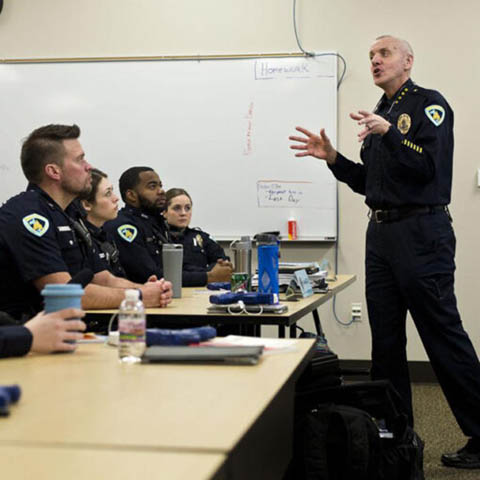
Effectiveness of Police Training
The Task Force recommends national training and certification standards to ensure that all police officers learn the full range of skills and concepts necessary to provide equitable, respectful, and effective public safety services.

Recruitment, Diversity and Retention
The Task Force recommends recruitment and retention practices that increase the pool of diverse and qualified applicants and minimize factors that lead to attrition.

Early Intervention Systems
The Task Force recommends agencies employ statistical-based early intervention systems to ensure officers receive the supports and supervisory corrections needed to prevent adverse events.

Qualified Immunity
The Task Force recommends revisions to qualified and sovereign immunity to enable more victims of police violence to have their cases heard, enhance local governmental accountability for officers who engage in misconduct, and ensure successful plaintiffs recover damages.
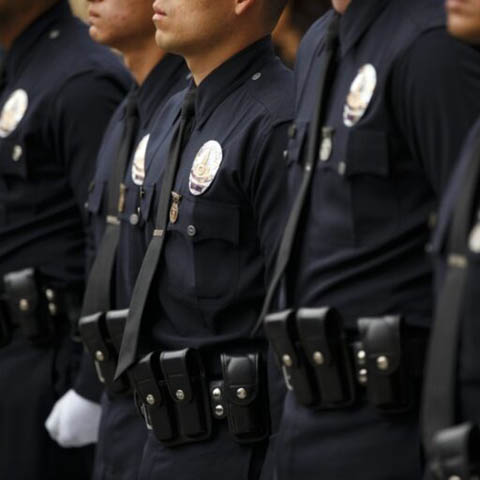
Procedural Justice Training
The Task Force recommends that police agencies train officers in communications skills that promote respectful, transparent, and equitable interactions with community members.
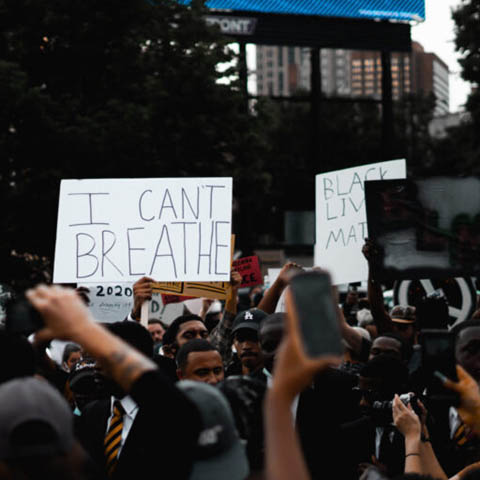
Chokeholds and Other Neck Restraints
The Task Force recommends the prohibition of all types of neck restraints, which can cause serious harm to individuals and police legitimacy.

Duty to Intervene
The Task Force recommends policies requiring officers to intervene upon witnessing excessive force and to report other misconduct and proscribed behaviors.
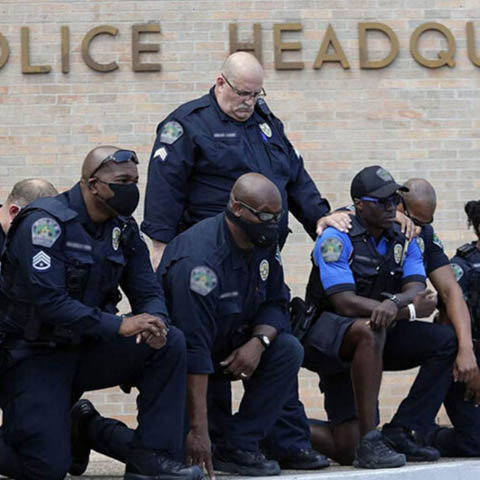
Implicit Bias Training
While implicit bias training for police may improve officers’ awareness of biases, the Task Force found no evidence that implicit bias training reduces racially disparate policing.
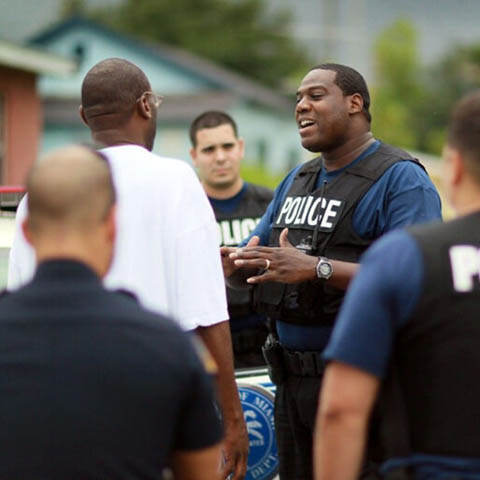
De-escalation Policies and Training
The Task Force recommends that jurisdictions implement de-escalation training and fully integrate it into all aspects of the curriculum.

Decertification
The continued employment of officers who are terminated in one agency but find positions elsewhere undermines disciplinary regimes and puts communities, officers, and policing agencies at physical and legal risk, while eroding trust in law enforcement.

Civilian Oversight
The Task Force concluded that civilian oversight boards rarely fulfill their stated missions owing to structural flaws that are difficult to remedy. Alternative models of police oversight may be more effective in holding officers and agencies accountable.

Body-Worn Cameras
The Task Force recommends the use of body-worn cameras as part of a department’s overall accountability infrastructure. Body camera video review also should be used in investigations, training, and supervision activities.

Government Oversight and Reform Measures
The Task Force recommends the establishment of clearer and more objective legal definitions of excessive and deadly use of force and supports the expansion of federal pattern-or-practice investigations and collaborative reform efforts.
Task Force Members

Art Acevedo
Chief, Miami Police Department; President, Major Cities Chiefs Association

Roy L. Austin
Vice President of Civil Rights, Facebook

Louis Dekmar
Police Chief (ret.), LaGrange, Georgia

Collette Flanagan
Founder, Mothers Against Police Brutality

Walter Katz
Vice President of Criminal Justice, Arnold Ventures

Dr. Cynthia Lum
Professor of Criminology, Law, and Society and Director, Center for Evidence-Based Crime Policy, George Mason University

Tashante McCoy
Regional Manager, Crime Survivors for Safety; Founders, The OWL Movement

DeRay Mckesson
Educator, Activist, Author and Co-founder, Campaign Zero

Michael Nutter
Former Mayor, City of Philadelphia, Michael A. Nutter Advisors, LLC

Rosie Rivera
Sheriff, Salt Lake County (UT); CEO, Unified Police Department of Greater Salt Lake

Sean Smoot
Managing Partner, 21CP Solutions, LLC

Nancy La Vigne
Executive Director, CCJ Task Force on Policing
Supporters
Support for the Task Force on Policing comes from the Draper Richards Kaplan Foundation, The Joyce Foundation, Ken Griffin, Microsoft, the National Football League, and other CCJ general operating contributors.





